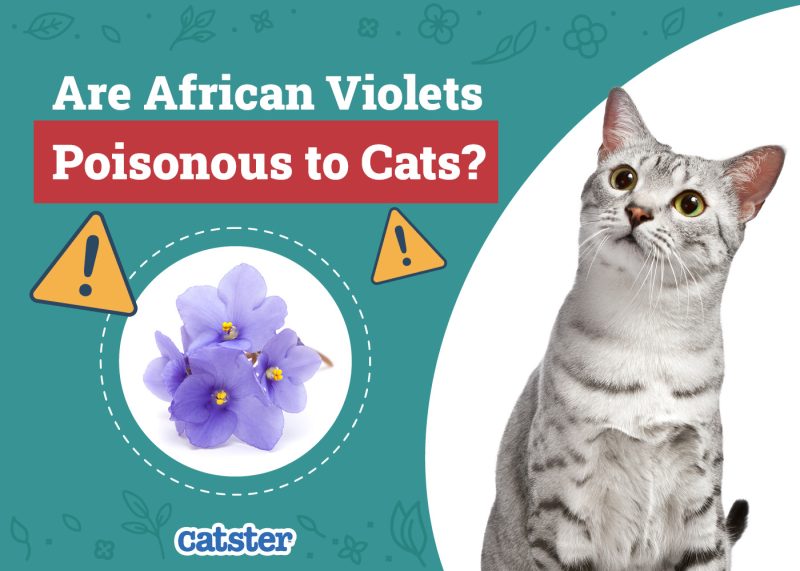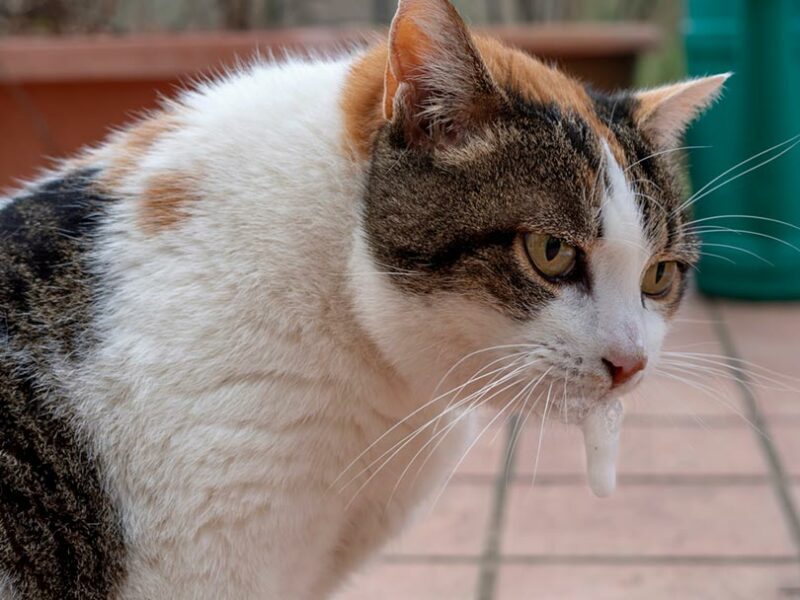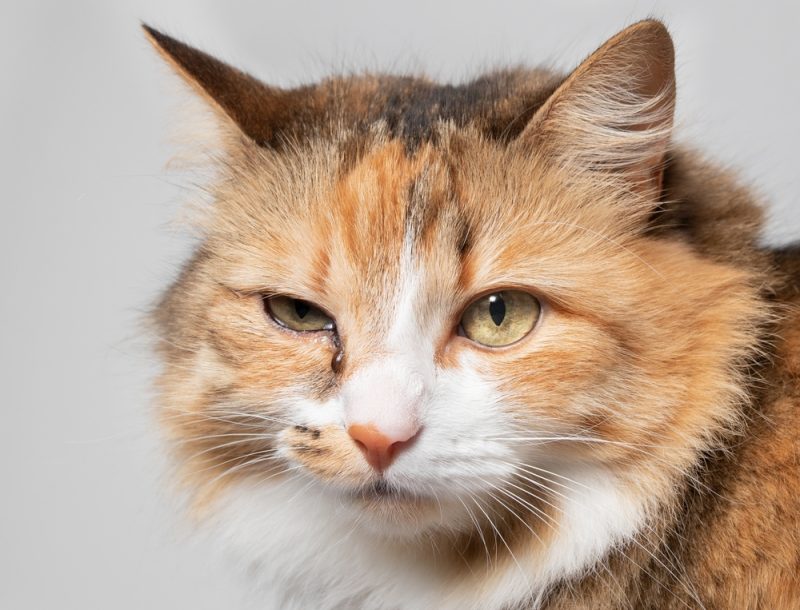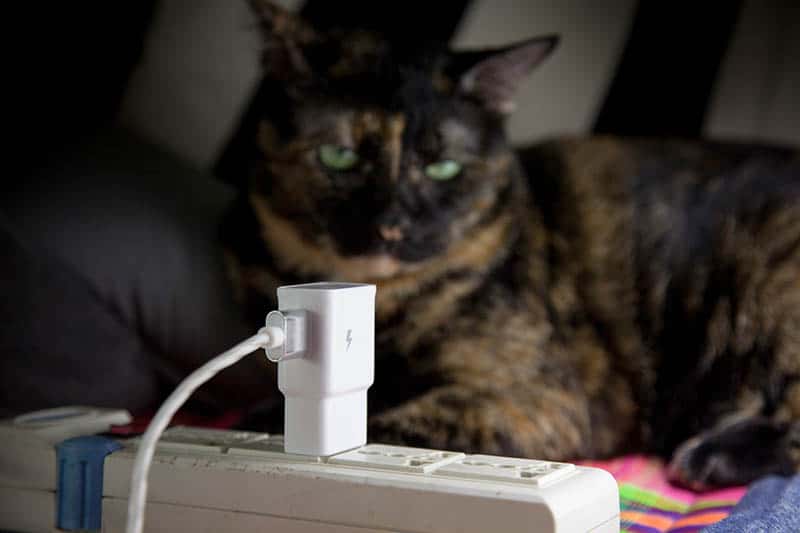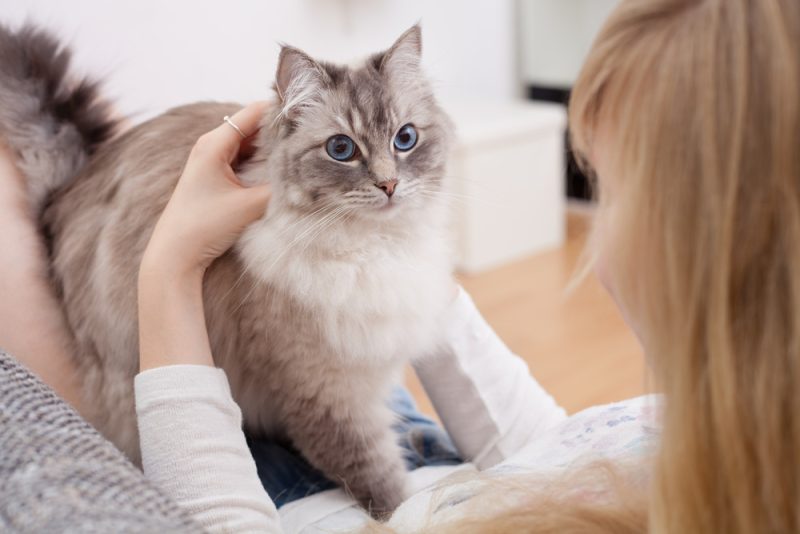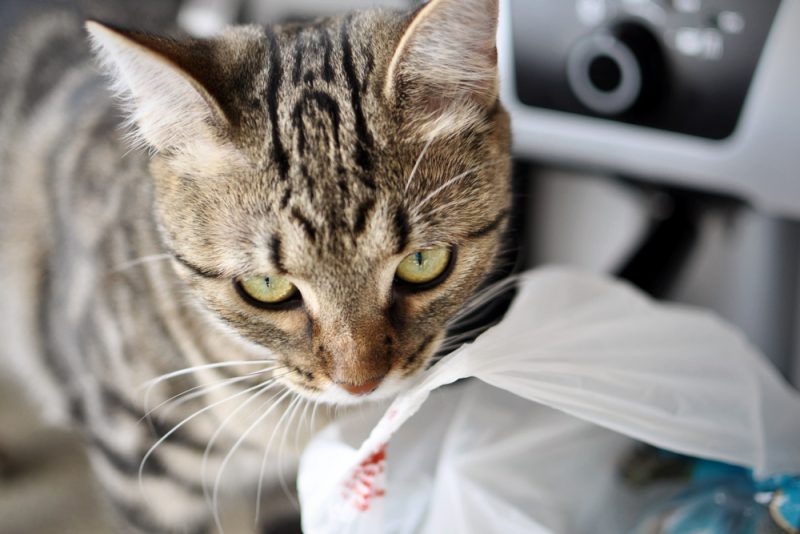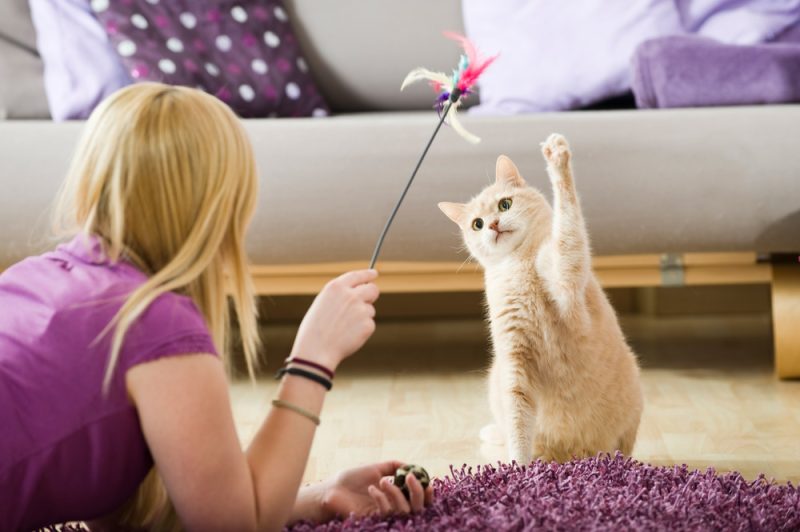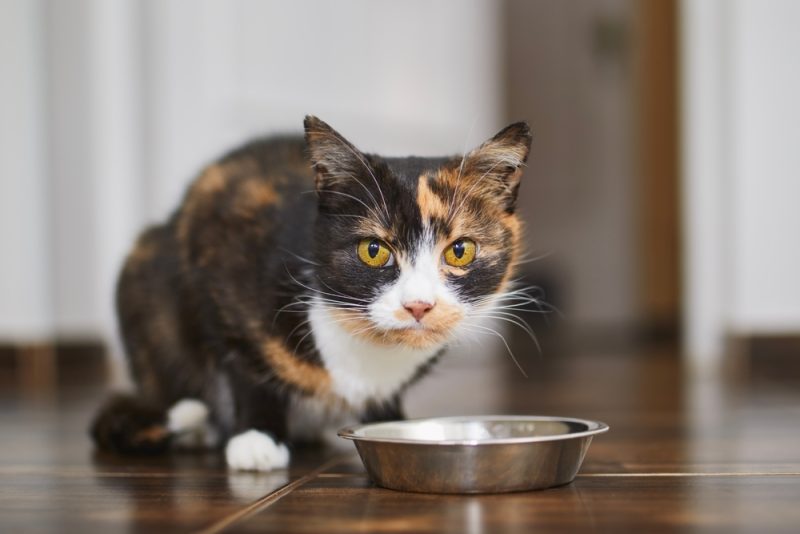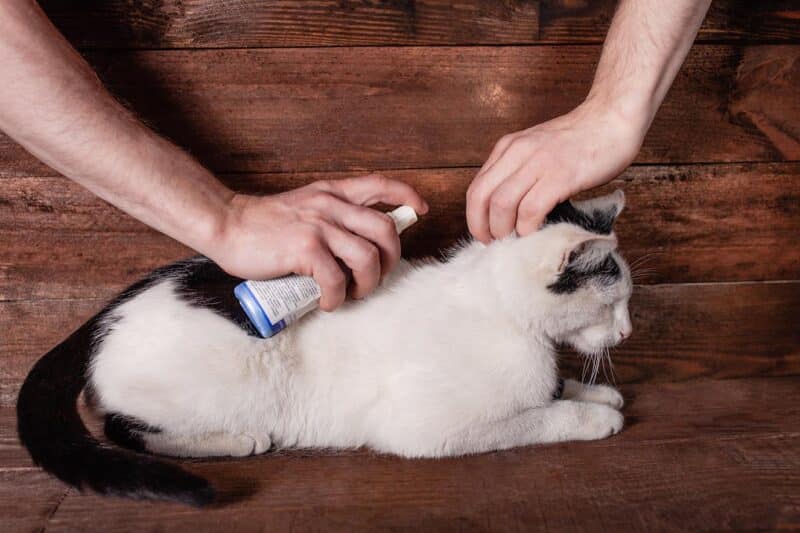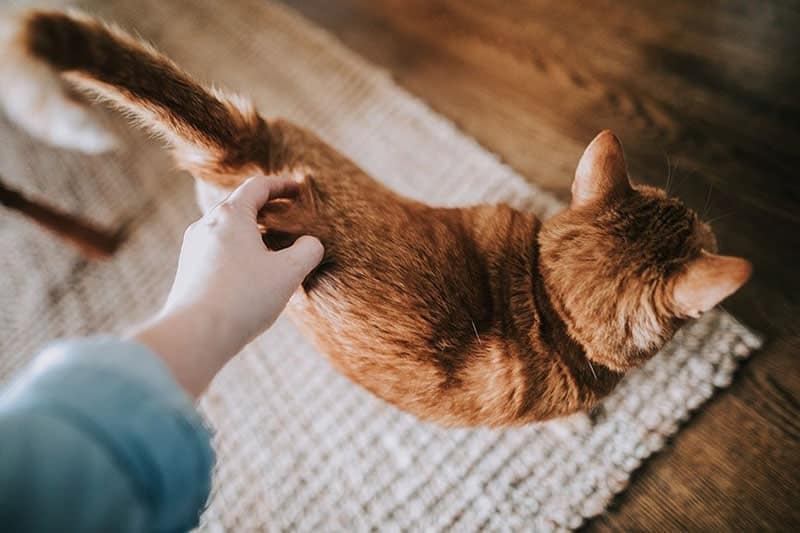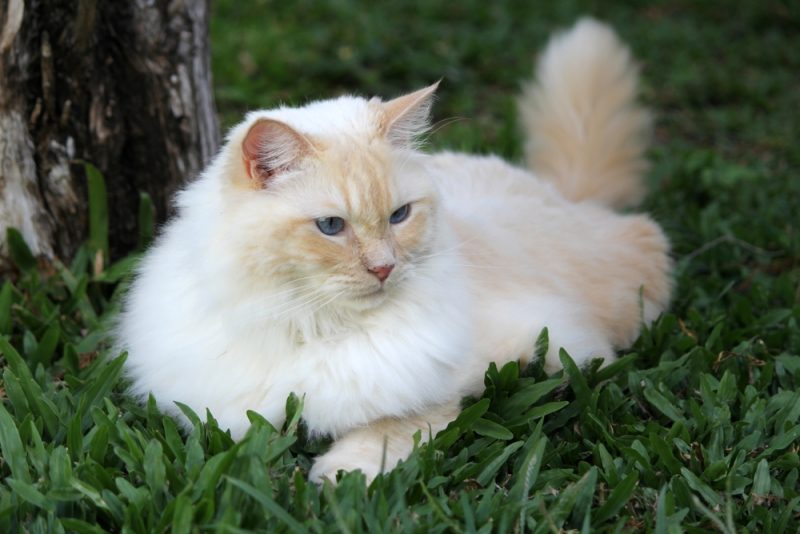In this article
View 3 More +African violets are common houseplants that are relatively easy to care for. They have soft and fuzzy leaves and produce pretty and dainty flowers. Fortunately, African violets aren’t poisonous to cats, so these pet owners can have as many of them in their homes as they want. Continue reading to learn more.

About the African Violet
The African violet, or Saintpaulia ionantha, is one of the members of the Gesneriaceae family. Plants of this family, including cyrtudeiras and candy corn plants, are safe for cats and aren’t known to be toxic.
Aside from their quaint appearance and unique leaves, African violets are also popular because they’re pretty hardy if you know how to care for them. While they’re not quite for beginners, they provide just enough of a challenge for plant owners who are looking to expand their knowledge and level of care to the next step.
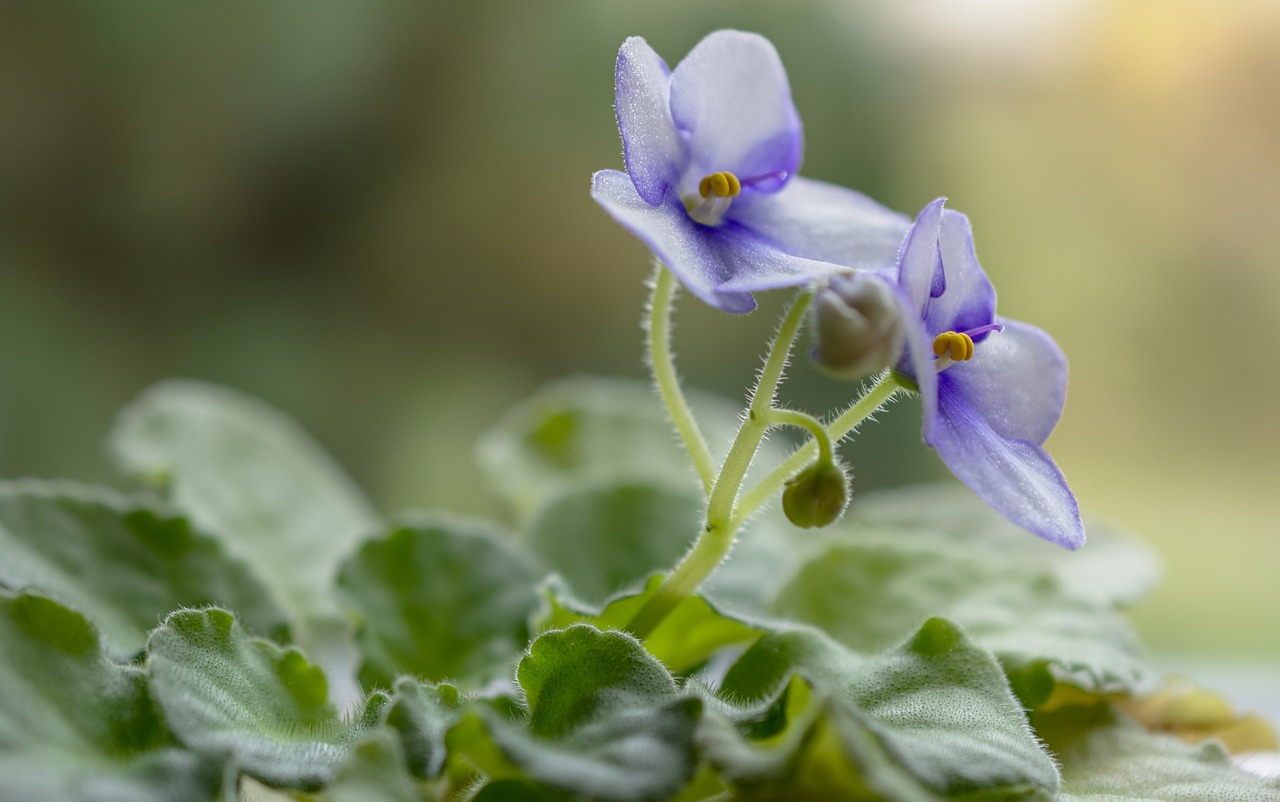

Keeping Cats Away From African Violets
These plants can be enticing because of their soft leaves. While African violets aren’t toxic to cats, it can still be an inconvenience to find bitten leaves or a turned-over pot caused by a curious cat. Here are some things you can do to keep your cat away from a pot of African violets.
1. Make the African Violet Hard to Reach
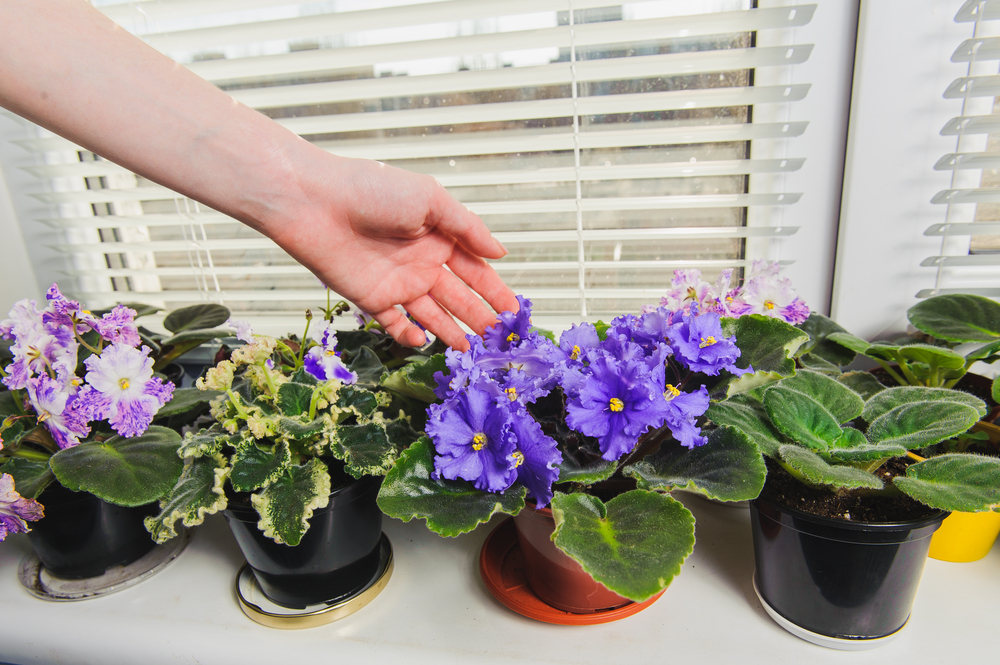
One of the best ways to protect an African violet is to place it in a spot that’s difficult to reach. This can be a challenge, as many cats are agile and able to squeeze into tight spaces. Try to place the plant on a narrow surface that doesn’t provide enough room for your cat to stand on. Keep it away from other surfaces that cats can use to jump off of to reach it.
If you have a particularly determined cat, you may have to place the plant in a room with a door that your cat can’t access, such as a bedroom or office.
2. Use a Deterrent
There are several different kinds of cat-safe deterrents that you can use to discourage your cat from playing with plants.
One deterrent is cat tape. Cats don’t like the feeling of this tape on their paws, but it doesn’t do any damage to them. Surrounding the plant pot with cat tape can discourage your cat from picking at it.
3. Bring Home Cat Grass
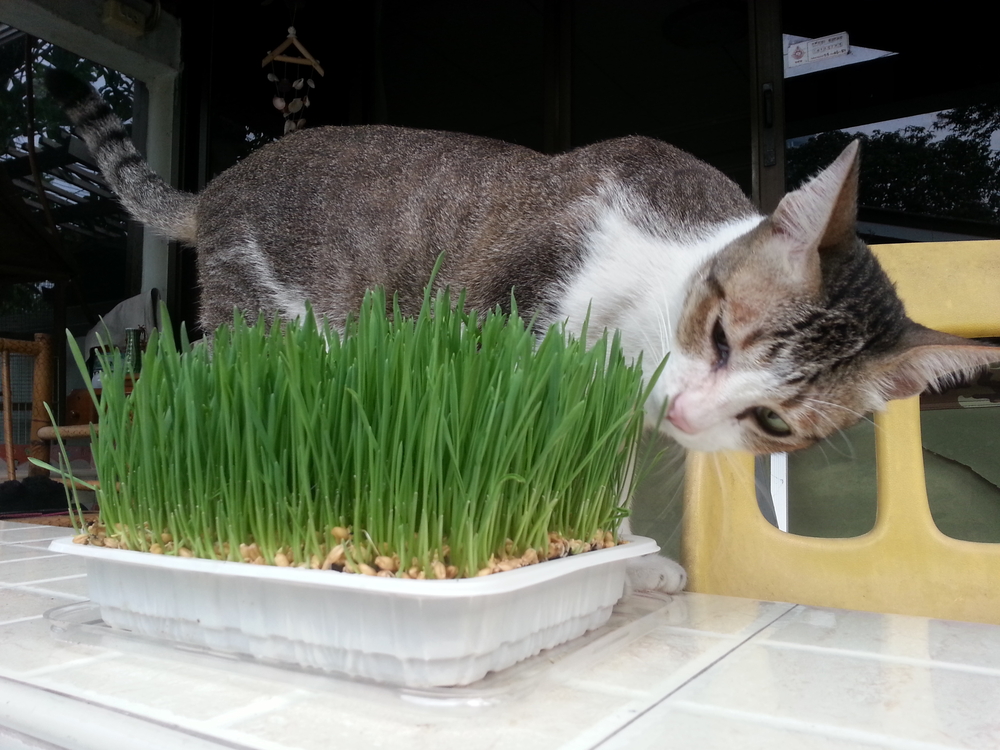
If your cat just likes chewing on all kinds of plants, you can try growing some cat grass. Cat grass is actually beneficial and can help cats with digestion, reduce hairballs, and alleviate constipation.

Other Common Houseplants That Are Safe for Cats
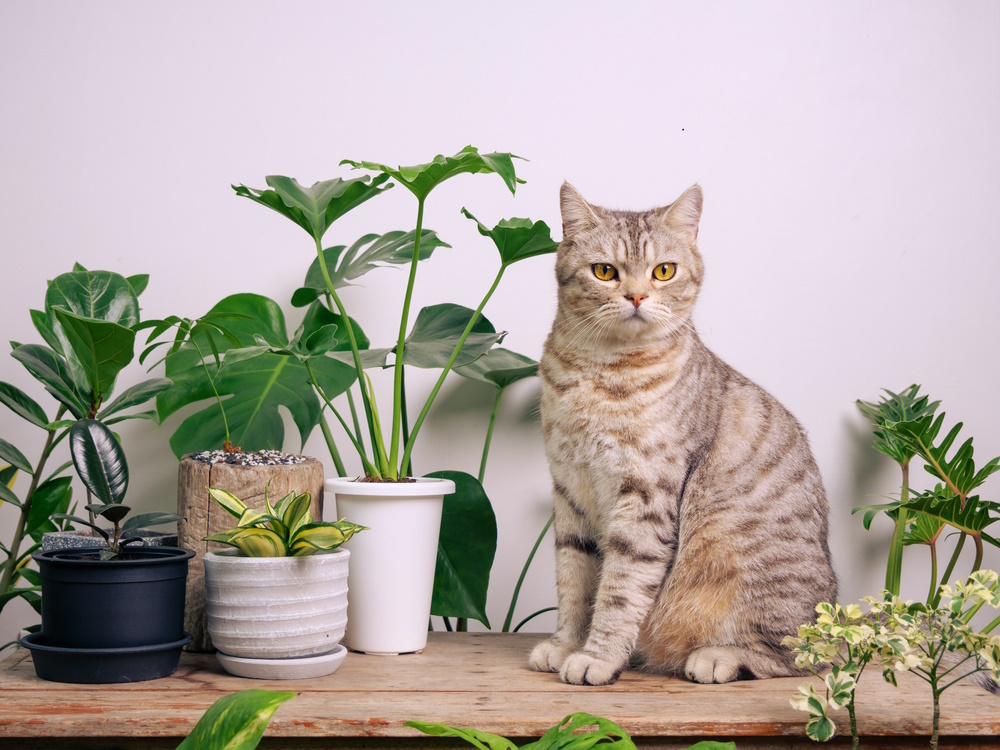
Houseplants can add more color and liveliness to a room. While they add a nice touch to a room and can be fun to care for, it’s important to bring home non-toxic plants to keep your cat safe.
- Boston fern (Nephrolepis exalta bostoniensis)
- Bromeliads (Neoregalia spp.)
- Parlor palm (Chamaedorea elegans)
- Red edge peperomia (Peperomia clusiifolia)
- Rattlesnake plant (Calathea insignis)
- Spider plant (Chlorophytum comosum)
- Common staghorn fern (Platycerium bifurcatum)
- Airplants (Tillandsia spp.)
Common House Plants That Are Poisonous for Cats
Different kinds of plants carry a variety of toxins that can be harmful to cats. Your cat’s clinical signs will vary depending on the type of toxin that they ingest. For example, ingesting a small amount of insoluble calcium oxalate crystals can cause skin irritation and an upset stomach, while any part of lilies can be fatally toxic to cats.
- Any type of lily
- Cyclamen (Cyclamen spp.)
- Daffodils (Narcissus spp.)
- English ivy (Hedera helix)
- Garden hyacinth (Hyacinthus orientalis)
- Kalanchoe (Kalanchoe spp.)
- Philodendrons (Philodendron spp.)
- Pothos (Epipremnum aureum)
- Azalea (Rhododendron spp.)
- Sago palm (Cycas revoluta)
If you suspect your cat ingested one of these plants, we suggest you immediately speak to a vet.
If you need to speak with a vet but can't get to one, head over to PangoVet. It's an online service where you can talk to a vet online and get the advice you need for your pet — all at an affordable price!


In Conclusion
You can be a cat lover and plant lover at the same time. While many common houseplants can be toxic to cats, there are many non-toxic options. Luckily, African violets are safe for cats and can add fun colors to your home.
Featured Image Credit: Sunny_Smile, Shutterstock
